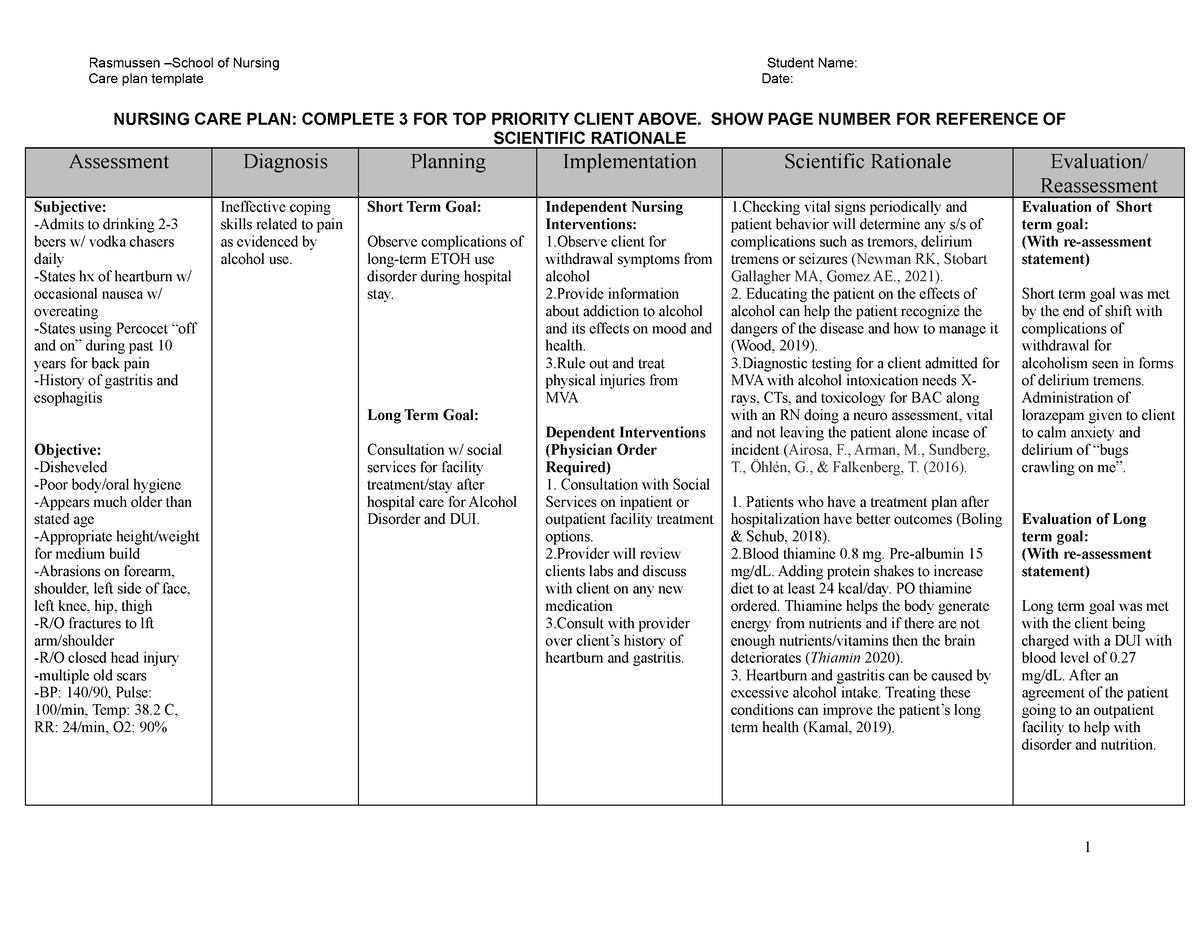Action plan for living with an alcoholic – Living with an alcoholic can be a challenging and emotionally taxing experience. This action plan will provide you with the tools and strategies you need to cope with the challenges, set boundaries, and support your loved one’s recovery journey.
Living with an alcoholic can be a challenge, but it’s important to have an action plan in place to help you cope. One way to do this is to monitor your progress regularly. Check out 4 ways to monitor an action plan for some helpful tips.
This can help you stay on track and make adjustments as needed. An action plan for living with an alcoholic can be a valuable tool for managing this difficult situation.
Understanding the nature of alcoholism, its impact on individuals and families, and the available treatment options is crucial for developing an effective action plan. This guide will delve into these aspects and provide practical advice on how to navigate this difficult situation.
Creating an action plan for living with an alcoholic can be daunting, but it’s crucial for your well-being. By following the 4 steps an involver follows for planning , you can establish a roadmap for managing the challenges and creating a healthier living environment for yourself.
These steps include identifying your needs, setting realistic goals, developing strategies, and monitoring your progress.
Understanding Alcoholism

Alcoholism is a chronic, relapsing disease characterized by an uncontrollable desire to consume alcohol, despite negative consequences. It is a complex condition with multiple causes, and it can have a devastating impact on individuals, families, and communities.
If you’re living with an alcoholic, it’s important to have an action plan in place. This will help you cope with the challenges of living with someone who is struggling with addiction. There are many resources available to help you create an action plan, including websites like a retirement plan offered for the self-employers is a/an . These resources can provide you with information on how to set boundaries, communicate effectively, and take care of yourself.
There are different types of alcoholism, including:
- Alcohol dependence: A physical and psychological addiction to alcohol, characterized by withdrawal symptoms when alcohol is stopped.
- Alcohol abuse: A pattern of excessive drinking that causes harm to the individual or others, but does not meet the criteria for dependence.
- Binge drinking: A pattern of consuming large amounts of alcohol in a short period of time.
The causes of alcoholism are complex and involve a combination of genetic, environmental, and psychological factors. Some risk factors for developing alcoholism include:
- Family history of alcoholism
- Early exposure to alcohol
- Mental health disorders, such as depression or anxiety
- Trauma or abuse
- Peer pressure
Impact of Alcoholism on Individuals and Families: Action Plan For Living With An Alcoholic

Alcoholism can have a devastating impact on individuals and their families. It can lead to a range of physical, emotional, and social problems, including:
- Liver damage, heart disease, and cancer
- Mental health problems, such as depression and anxiety
- Relationship problems
- Job loss
- Financial problems
Children of alcoholics are at increased risk for a range of problems, including:
- Emotional and behavioral problems
- Academic difficulties
- Substance abuse
- Mental health problems
Treatment Options for Alcoholism
There are a variety of treatment options available for alcoholism, including:
- Inpatient and outpatient programs: These programs provide a structured environment for individuals to recover from alcoholism. They may include therapy, medication, and support groups.
- Medications: There are a number of medications available to treat alcoholism, including naltrexone, acamprosate, and disulfiram.
- Therapy: Therapy can help individuals understand the underlying causes of their alcoholism and develop coping mechanisms.
- Support groups: Support groups, such as Alcoholics Anonymous (AA), can provide individuals with a sense of community and support.
The effectiveness of different treatment approaches varies depending on the individual. It is important to find a treatment program that meets the individual’s needs and preferences.
The first step in an action plan for living with an alcoholic is to take care of yourself. This means making sure you’re getting enough sleep, eating healthy foods, and exercising regularly. It also means taking some time for yourself each day to do something you enjoy.
One way to help ensure your future is protected financially is to consider a savings plan bought through an insurance company . This can help you save money for the future and protect your loved ones in case of an emergency.
Continuing with the action plan for living with an alcoholic, it’s important to set boundaries with the person who is drinking. This means letting them know that you won’t tolerate their drinking and that there will be consequences if they continue to drink.
Ending Remarks
Remember, living with an alcoholic is a marathon, not a sprint. There will be setbacks along the way, but it’s essential to stay focused on your own well-being and the goal of supporting your loved one’s recovery. By following the strategies Artikeld in this action plan, you can create a healthier and more manageable living environment for yourself and your family.
FAQ
What are the signs and symptoms of alcoholism?
Alcoholism is characterized by a pattern of excessive drinking that leads to negative consequences. Signs and symptoms may include: increased tolerance, withdrawal symptoms when not drinking, neglecting responsibilities, relationship problems, and physical health issues.
How can I help an alcoholic loved one?
Creating an action plan for living with an alcoholic is no walk in the park, but it’s like a science class planning an investigation about gravity – it requires careful planning and execution. Just like the scientists in that experiment, you need to be meticulous in your approach and consider all the factors involved.
You’ll need to gather information, set goals, and develop strategies for coping with the challenges you’ll face.
Supporting an alcoholic loved one requires empathy, patience, and boundaries. Encourage them to seek professional help, offer emotional support without enabling their drinking, and take care of your own well-being.
What resources are available for individuals living with an alcoholic?
There are numerous resources available, including support groups (e.g., Al-Anon, Alateen), therapy, and online forums. These resources provide a safe and supportive environment for individuals to share experiences, learn coping mechanisms, and connect with others who understand their situation.